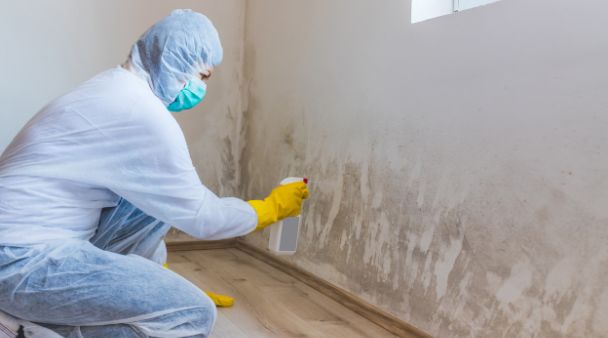
The Importance of Asbestos Testing
Asbestos, widely used in construction materials for its durability and fire-resistant properties, has been identified as a hazardous material. Exposure to asbestos fibers can lead to serious health conditions such as lung cancer, asbestosis, and mesothelioma. Asbestos testing services help identify the presence of this harmful substance in properties, particularly those built before the 1980s.
Testing for asbestos is essential during renovations or demolitions to prevent the release of fibers into the air. By employing certified professionals, property owners can ensure that asbestos is detected and addressed safely.
Why Mold Testing is Necessary
Mold thrives in damp, humid environments and can quickly spread in areas affected by water damage or poor ventilation. While not all mold is harmful, certain types can cause respiratory issues, allergies, and other health problems. Mold testing services assess the extent of mold contamination and identify the type of mold present.
Mold testing is particularly important after water leaks, flooding, or when occupants experience unexplained health symptoms like persistent coughing, sneezing, or headaches.
The Role of Asbestos and Mold Testing Laboratories
Asbestos and mold testing laboratories are equipped with advanced tools and techniques to provide accurate results. These laboratories analyze samples collected from properties, ensuring that the findings are reliable and actionable.
Key services offered by testing laboratories include:
- Sampling and Analysis: Collecting and analyzing material or air samples for asbestos or mold presence.
- Comprehensive Reports: Providing detailed results and recommendations based on the findings.
- Regulatory Compliance: Ensuring properties meet local and federal safety standards.
Choosing the Right Testing Services
When selecting asbestos and mold testing services, consider the following factors:
- Certifications: Ensure the laboratory is accredited and employs certified professionals.
- Experience: Look for a provider with extensive experience in asbestos and mold testing.
- Customer Support: A reliable service will guide clients through the testing process and answer any questions.
- Turnaround Time: Timely results are essential, especially during construction or remediation projects.
Steps After Testing
Once asbestos or mold is detected, immediate action is required to address the problem. For asbestos, licensed abatement professionals should handle its removal or containment. Mold remediation involves eliminating moisture sources, cleaning affected areas, and preventing future growth.
Conclusion
Asbestos and mold testing are critical services for maintaining safe and healthy environments. By engaging professional asbestos and mold testing laboratories, property owners can protect their families, employees, and investments. These services not only identify hidden dangers but also provide the necessary guidance for effective remediation, ensuring peace of mind and long-term safety.